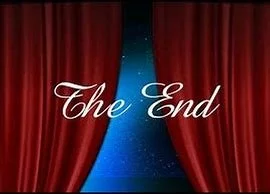Read Your Genre - Tips for Authors
/I am always surprised at new writers who don’t read other works in their genre. You need to know the techniques and the business of what you want to write. Things are often changing, and it’s a good idea to keep up with the trends. Here are some areas to think about as you read and do your research.
You need to know what’s popular and selling in your genre. Most of the new books from traditional publishers were purchased 1-2 years ago. Look at the topics and trends.
Look at the book’s style. Is it written in first person or third?
Review the language and the dialog the authors use. Are there more descriptive paragraphs? More dialog? A mix of both?
How long is the book? Your manuscript needs to fit the page expectations and not vary too much. A one-hundred-thousand-word manuscript is too much for a romance novel or a cozy mystery.
Make note of the conventions in the story. Readers of specific genres expect standard elements. If yours varies too much, it might not be a good fit for that genre.
Review the acknowledgments page to see who the author’s agent and editor are. This is a good way for you to build a list for your future queries.
Look at the collection of books by different publishers. Make sure yours is a good fit (and not something they already have). You may want to subscribe to the publisher’s newsletter to see regular updates of their new offerings.
When you query agents, see who they represent. You want to make sure that you’re a good fit and that your work is what the agent is seeking.














